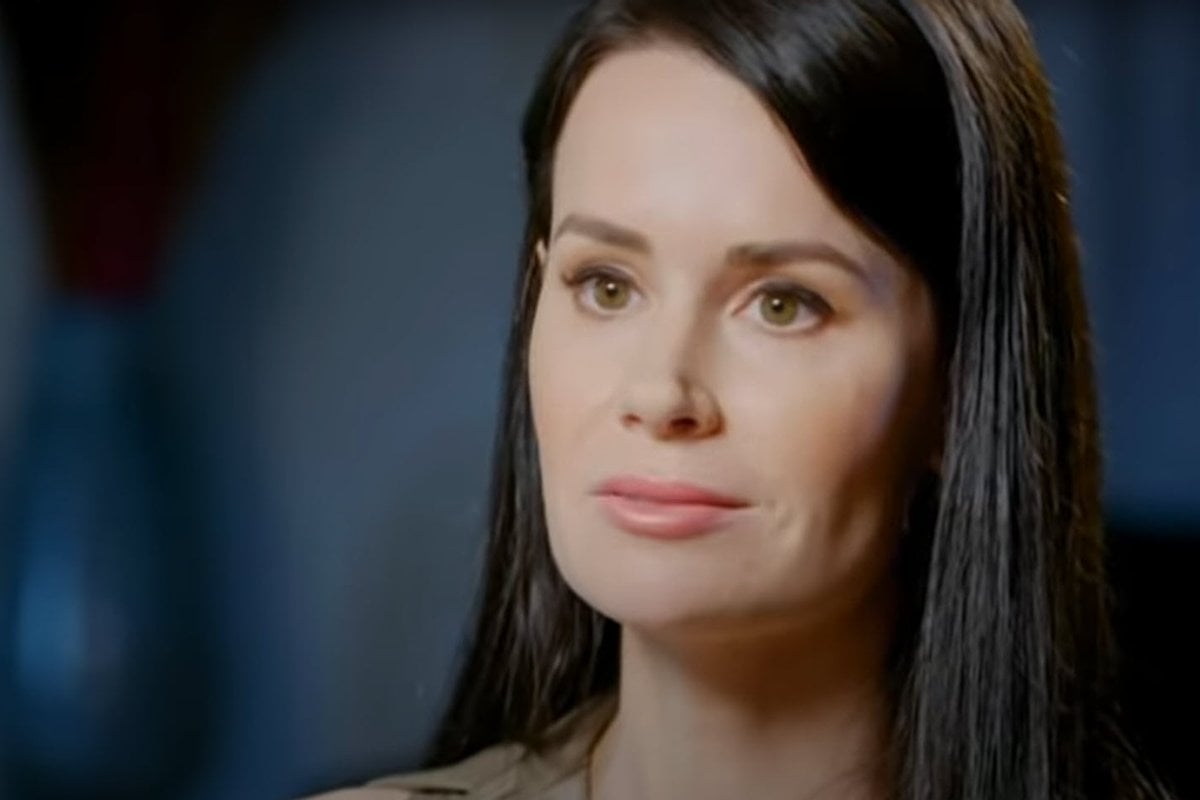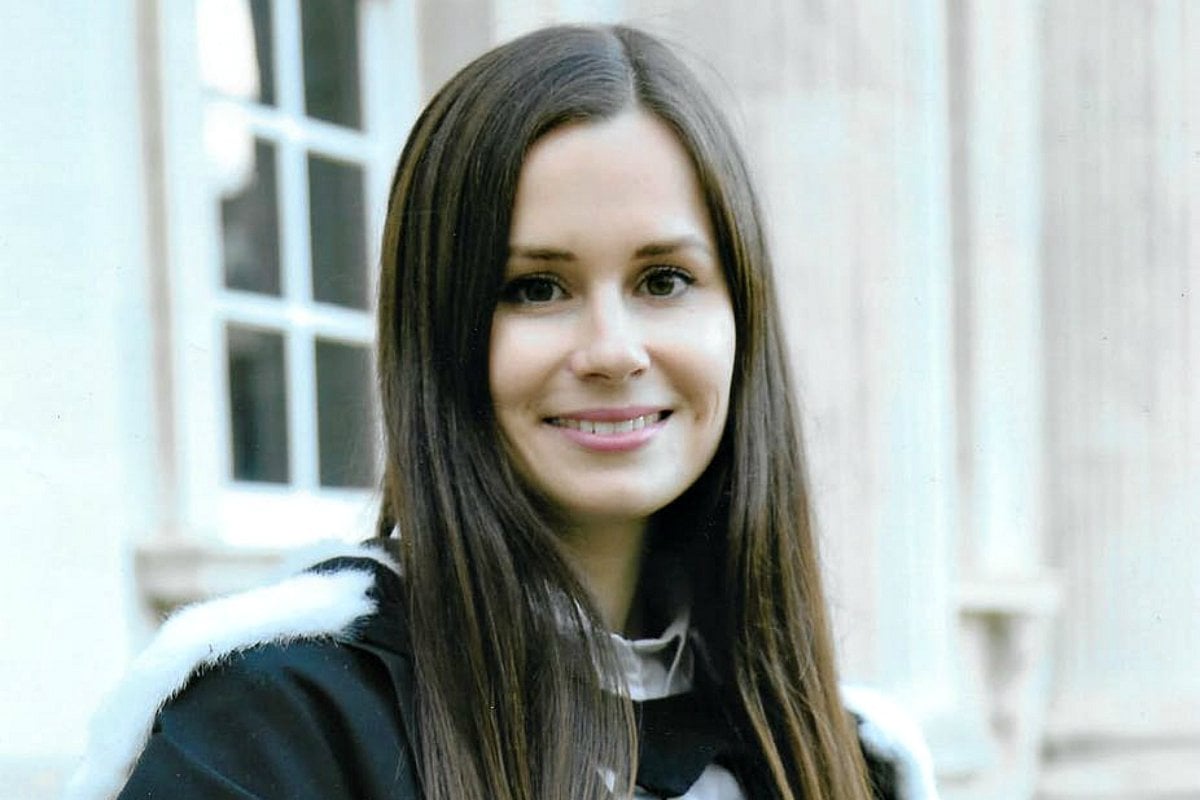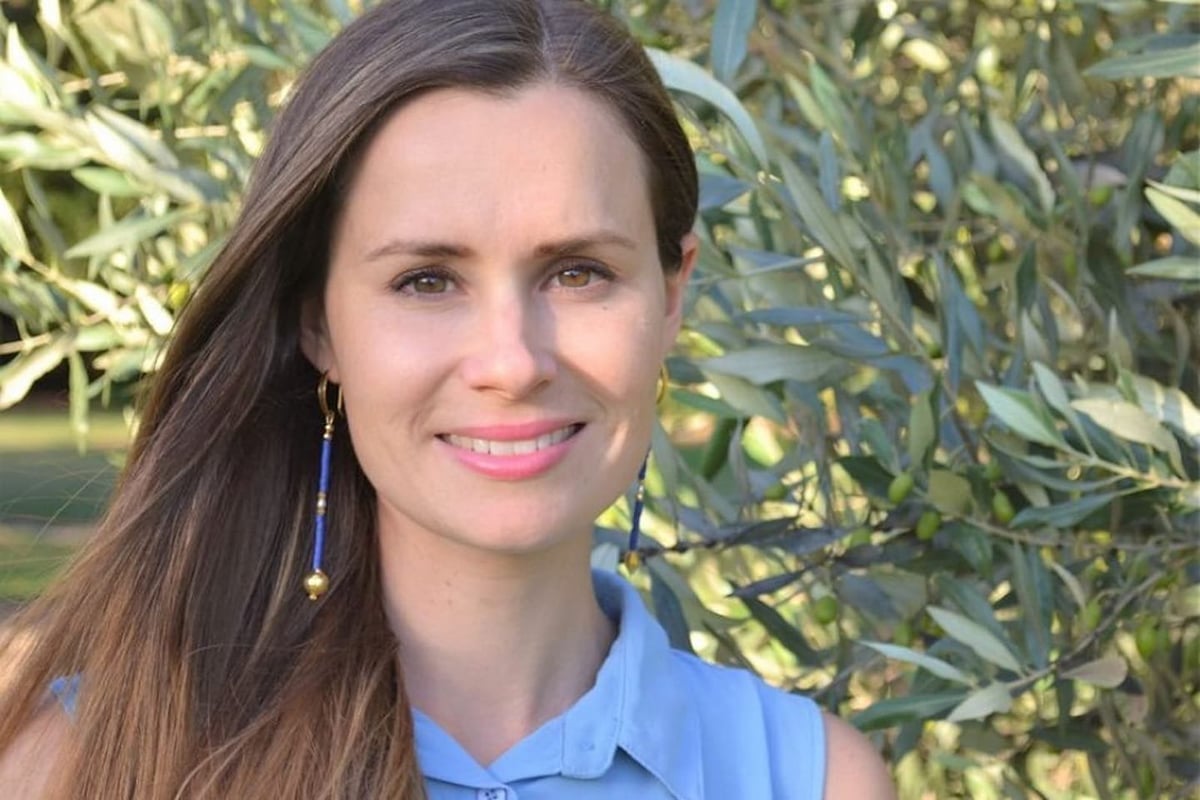
This post deals with suicide ideation and might be triggering for some readers.
After 804 days in Iran's notorious prisons, British-Australian academic Dr Kylie Moore-Gilbert was reunited with her family in Australia.
She had been beaten, tortured and drugged over the two-year period, dealt with suicide ideation and considered escaping into the wilderness of a country where she did not understand anyone. But speaking to Sky News in her first interview since arriving back in Australia in November 2020, Moore-Gilbert said a betrayal she discovered when she returned was harder than it all.
Moore-Gilbert was a lecturer on Middle Eastern studies at the University of Melbourne's Asia Institute when she was arrested at a Tehran airport while trying to leave the country after a conference in 2018.
Watch: The trailer for Kylie Moore-Gilbert's Sky News interview. Post continues below video.
She was sent to Evin prison, convicted of spying and sentenced to 10 years behind bars. No evidence of Moore-Gilbert's alleged crimes has ever been publicly presented, and she has vehemently denied the charges and maintained her innocence.


